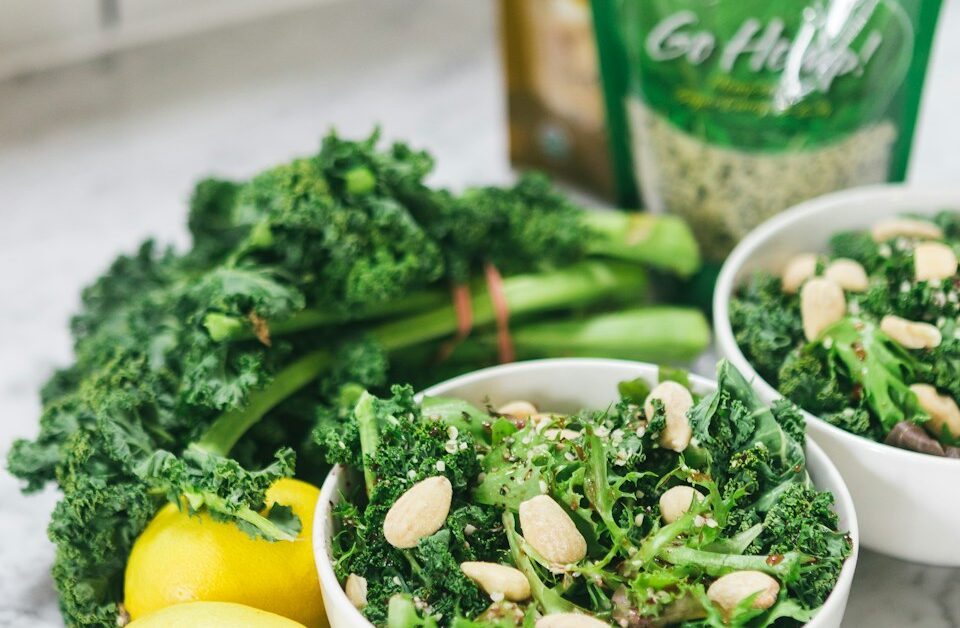Gelatin is a common ingredient used in various food products, including desserts, candies, and even some medications. However, its origin and composition raise questions about its suitability for vegans. In this article, we will explore the topic of whether gelatin is vegan or not, examining its sources, production process, and alternatives.
Sources of Gelatin
Gelatin is derived from collagen, a protein found in the connective tissues, bones, and skin of animals. The most common sources of gelatin include:
- Bovine (cattle) gelatin: Made from the bones, cartilage, and hides of cows.
- Porcine (pig) gelatin: Derived from the skin, bones, and connective tissues of pigs.
- Poultry gelatin: Obtained from the skin, bones, and cartilage of chickens or other birds.
- Fish gelatin: Derived from the skin and bones of fish, such as tilapia or cod.
Production Process
The production of gelatin involves several steps, including extraction, purification, and drying. Here is a brief overview of the process:
- Extraction: The animal tissues are first cleaned and treated to remove any impurities.
- Acid Treatment: The tissues are then soaked in an acid solution, such as hydrochloric acid, to break down the collagen into gelatin.
- Purification: The resulting mixture is filtered to remove any remaining impurities.
- Concentration: The filtered solution is concentrated by removing excess water.
- Drying: The concentrated gelatin is dried into sheets or powdered form.
Is Gelatin Vegan?
Gelatin is not considered vegan because it is derived from animal sources. Vegans avoid all animal products, including meat, dairy, eggs, and honey. Since gelatin is obtained from the collagen of animals, it does not meet the criteria for a vegan-friendly ingredient.
Alternatives to Gelatin
Fortunately, there are several alternatives to gelatin that can be used in cooking and baking. These alternatives provide similar properties to gelatin without the use of animal-derived ingredients. Some popular vegan substitutes for gelatin include:
- Agar-agar: Derived from seaweed, agar-agar is a gelatinous substance commonly used in Asian cuisine. It is available in powder or flake form and can be used as a one-to-one replacement for gelatin in recipes.
- Carrageenan: Another seaweed-based ingredient, carrageenan is often used as a thickening agent in dairy-free products like plant-based milks and desserts.
- Vegetable gums: Xanthan gum and guar gum are plant-based gums that can be used as thickening agents in recipes. They are commonly found in gluten-free baking.
- Pectin: Derived from fruits, pectin is a natural thickening agent often used in jams, jellies, and fruit-based desserts.
Labeling and Vegan Certification
When purchasing food products, it is essential to read the labels carefully to determine if they contain gelatin or any other animal-derived ingredients. Some manufacturers may use alternative names for gelatin, such as “hydrolyzed collagen” or “gelatinous protein,” making it important to be familiar with these terms.
Additionally, some products may carry vegan certification labels, such as the “Certified Vegan” logo, indicating that they are free from any animal-derived ingredients, including gelatin.
Conclusion
Gelatin is derived from animal sources and is not considered vegan. Its production involves the extraction and processing of collagen from the connective tissues, bones, and skin of animals. However, there are several vegan alternatives available, such as agar-agar, carrageenan, vegetable gums, and pectin, which can be used as substitutes in various recipes. When shopping for food products, it is important to carefully read labels and look for vegan certification logos to ensure that they are free from gelatin and other animal-derived ingredients.
